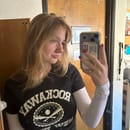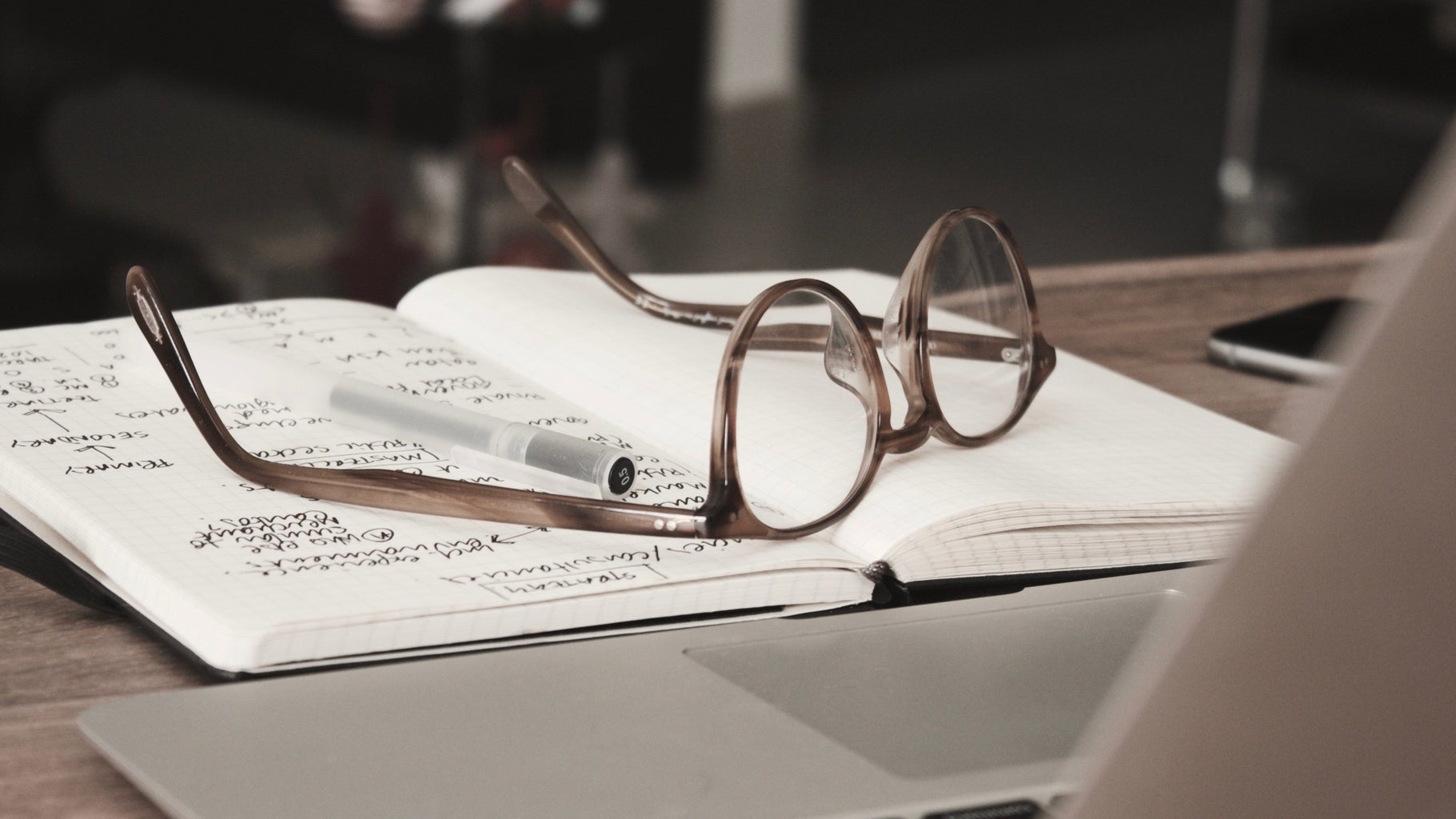There are many benefits of getting good grades that may apply to most people. In college, while some argue your transcript doesn’t matter as much as it did in high school, it can still be important depending on where you want to go after you graduate, or it may even be significant to stay where you are now. To give you a quick rundown, grades are important if you want to get into a graduate school or a program after you get your degree, if you need a high GPA (for financial aid, greek life, sports, study abroad, honors program, etc.), to graduate, or even if you just enjoy the academic validation. That being said, if you do care about your grades and want new ideas on improving them this semester, I have created a list of methods that have personally helped me.
Cheat sheet Method
This is one that I came up with on my own and it’s probably my favorite study method to do before a big test. Don’t get the name confused, if you are not allowed to take a cheat sheet to a test, DO NOT bring one, but that is not the point of this method. Essentially, you write down a cheat sheet onto a notecard or piece of paper. This can be from memory or you can have your notes and/or study guide to help you. This way, you will have all the information you need in one place and that you can review by writing or typing it out. I prefer writing it on a physical piece of paper as I feel it helps me remember it better. You can repeat the process more than once if needed.
Active Recall Method
This method is essentially just testing yourself at each step of the studying process and retrieving information from memory. I use this method on Pearson but there are also many other ways you can incorporate it into your studying routine that I found in Alexander Young’s article, Active Recall- The Evidence-Based Study Technique You Should Be Using, which says:
- Closed-book notes: “Instead of just copying from the textbook verbatim, try to learn about a topic and then write how you would explain the most important points and ideas in your own words with the book closed. Once you’ve written down everything you can remember, open the book and fill in the parts you forgot.”
- Self-questioning: “This can be done anywhere, at any time without any tools. You simply need to choose a topic and then think about how much of the topic you need to talk about right now.”
Colorcode/highlight notes
Reviewing all the notes that you may have taken, you can highlight or even go as far as to color code them into different categories and organize them. This one has always helped me, as sometimes during a test I can sort of visualize the answer because I remember what color it was highlighted with in my notes. This is a pretty subjective suggestion, but an example for biology if you are studying cell anatomy, the different sorts of cell notes could be in different colors. So you could have animal cell anatomy definitions in purple and plant cell anatomy definitions in green. Get creative with it!
Visual Diagrams
If you are a visual person like me, learning through diagrams or visual representations can be very helpful for your understanding.
“Students who use accurate visual representations are six times more likely to correctly solve mathematics problems than are students who do not use them” (Boonen, van wesel, Jolles & van der Schoot, 2014).
You can also expand this into more subject areas than just math as well. Revisiting my biology example, I bet you can imagine it is a lot easier to learn cell parts and definitions if you have a diagram of the cell itself. You could even draw out the diagram yourself if you wanted to.
Spaced practice
Another method I try and use when I can is spaced practice. To sum it up, it’s basically just going back and reviewing old material after time has passed to remember it more long-term and wholeheartedly. It helps to recall information, similar to how the Active Recall Method does. This can be done over the span of days, weeks, or even months. Plan early for this one!
Take care of yourself
This may be the most important tip out of them all. In my personal experience, there is no point in even trying to study if I haven’t taken care of myself that day. Taking in new information and retaining the old takes a lot of brain power. Taking care of yourself is crucial for your mental and physical health and helps you feel more energetic, stay alert, and keeps you from burning out. So, remember to get plenty of sleep, eat plenty of food, keep hydrated, take a nice shower, talk to your friends and/or family, exercise, and take breaks!
I wish you luck on your journey to becoming an academic weapon. Hopefully, this article sparked new ideas or inspired you to try a few of these methods. Have an amazing semester!
References:
Boonen, A. J. H., van Wesel, F., Jolles, J., & van der Schoot, M. (2014). The role of visual representation type, spatial ability, and reading comprehension in world problem solving: An item-analysis in elementary school children. International Journal of Educational Research, 68, 15–26.
Young, Alexander. “Active Recall Technique: Ace Your Studies.” Alexander Young, Alexander Young, 8 Aug. 2023, blog.alexanderfyoung.com/active-recall-study-technique/. Accessed 20 February, 2024.





